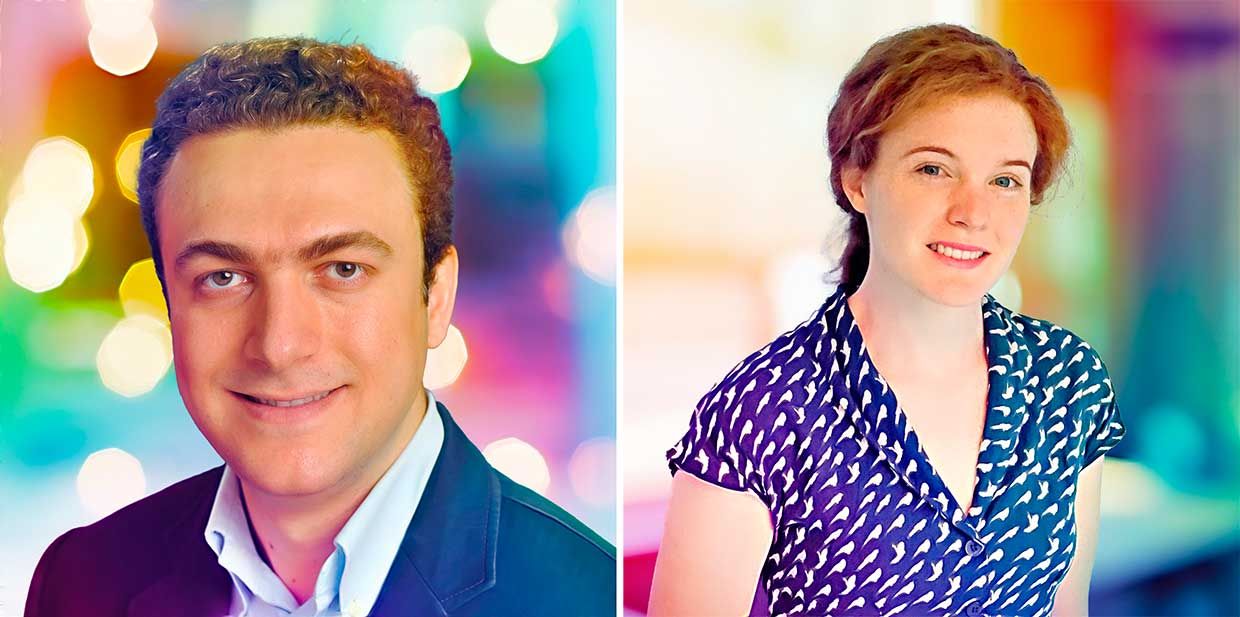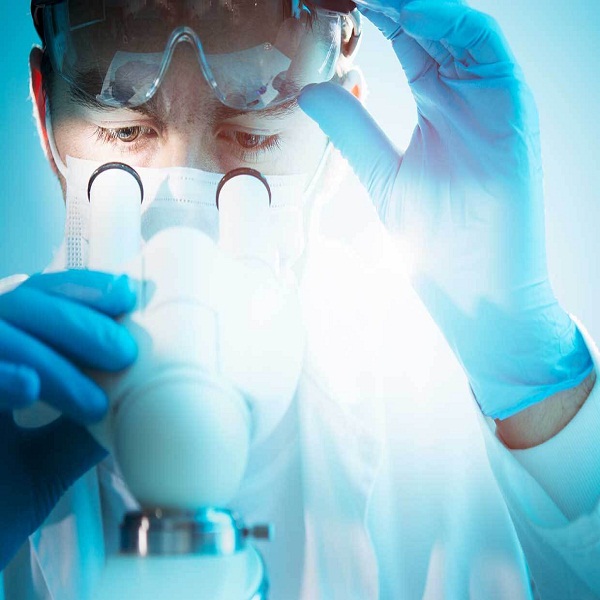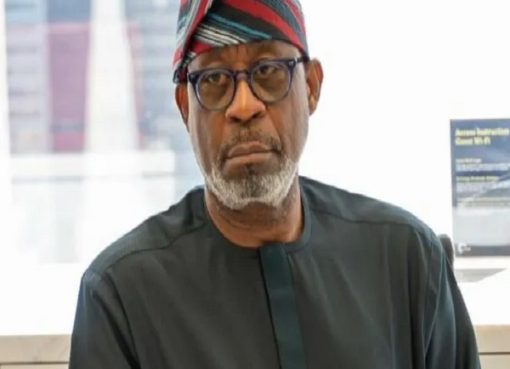Crises such as the coronavirus pandemic demonstrate the importance of scientific research and remind us how much we depend on dedicated scientific professionals to find evidence-based solutions to global challenges. Unfortunately, public trust in the scientific community is eroding, with members of the public increasingly questioning science. The problem has been exacerbated by social media, rapidly evolving reports, and the spread of misinformation.
To encourage public expression of confidence in the scientific process, the United Nations Educational, Scientific and Cultural Organization (UNESCO) is using its International Day of Light initiative to introduce the Trust Science Pledge. The Light Day initiative is held annually on 16 May to celebrate light and the role it plays in science, technology, culture, art, education, and sustainable development. The founding partners of the event—the IEEE Photonics Society, SPIE, and the Optical Society—organized the pledge with the Light Day steering committee.
“Trust in evidence-based, scientific facts is essential for providing sustainable solutions to today’s challenges,” it says. “By adding my name to this declaration and pledge, I recognize the key role that scientific research and discovery play in improving quality of life for all.”
“The events of the past year have spotlighted science’s crucial role in solving critical global problems,” says IEEE Fellow John Dudley, chair of the steering committee. Dudley is a physics professor at the Université Bourgogne Franche-Comté, in France. “There is a strong need to build public awareness that science and technology provide not only an understanding of pandemics but also the preventative measures, treatments, and diagnostic tools to counter them,” Dudley says. “This campaign allows people around the world to join us in affirming support for science and the scientific process.
“We encourage all to sign, and our hope is that this will stimulate valuable discussions within families, at the workplace, and in educational settings.
The pledge has enthusiastic support worldwide. Founding signatories include Nobel laureates, presidents, and CEOs, as well as major scientific bodies, scientists, and students.
The pledge campaign is scheduled to run throughout the year. All supporters of science—including educators, health care professionals, science enthusiasts and IEEE members from around the world who rely on solutions provided by science and technology—are encouraged to take part.
THE ROLE OF LIGHT
This year’s Light Day emphasizes increased interaction between science and society. It also explains the many applications of light. Global events are showcasing the vital role light plays in scientific research.
The spectrum of light provides insights, from the origins of the universe to technologies that have shaped our society. As detailed on the Light Day website, advances in research areas such as nanophotonics, quantum optics, and ultrafast science are inspiring fundamental discoveries and opening new scientific frontiers.
Photonics is ubiquitous in our daily lives. It includes technologies that improve vision and power our smartphones; state-of-the-art tools for space observation; and the fiber optics that form the backbone of the Internet.
The many applications of light-based sciences have transformed society by improving medicine, communications, and energy production.
DO YOU KNOW A CHAMPION OF SCIENCE?
Notable IEEE members and research leaders in the broad areas of light science and technology will be featured throughout the year as Champions of Science. They include IEEE Member Junjie Yao, an assistant professor of biomedical engineering at Duke University, in Durham, N.C. The bioengineer listens to the light-induced ultrasound that emits from the human body and takes high-resolution pictures of cells, tissue, and organs.

IEEE Fellow Aydogan Ozcan, a professor at the University of California, Los Angeles, leads its Bio- and Nano-Photonics Laboratory. He is also a professor with the Howard Hughes Medical Institute, in Chevy Chase, Md. He develops microscopes and sensors that can run on mobile phones. He and his team developed a photonic sensor that can help rapidly detect bacteria in bodily fluids or water samples by capturing periodic holographic images of bacteria.
IEEE Member Hannah Joyce is a nanomaterial engineer specializing in nanowires, whose diameter is less than a thousandth that of human hair. The tiny wires are used in sustainable electronic and optoelectronic devices including light-emitting diodes, lasers, and solar cells. She lectures on electronic materials and devices at Cambridge.
IEEE Fellow J. Stewart Aitchison, is a professor of photonics at the University of Toronto and cofounder of ChipCare, also in Toronto. He explores new ways of using light to make health care available and affordable in remote communities. His HIV monitoring work can help patients check their immune-cell count in 15 minutes or less.
IEEE Life Fellow Anthony M. Johnson is an experimental physicist whose work on ultrafast photophysics allows us to understand processes that occur in time frames of one quadrillionth of a second. He’s a distinguished member of the technical staff in the University of Maryland’s quantum physics and electronics department, as well as its photonics circuits research department.
Visit the campaign’s website to sign the pledge and to learn more about all the Champions of Science contributions.
Source: Spectrum










